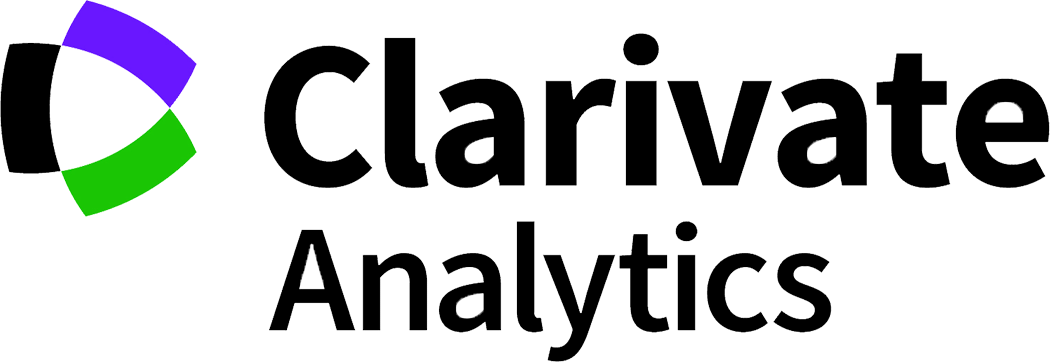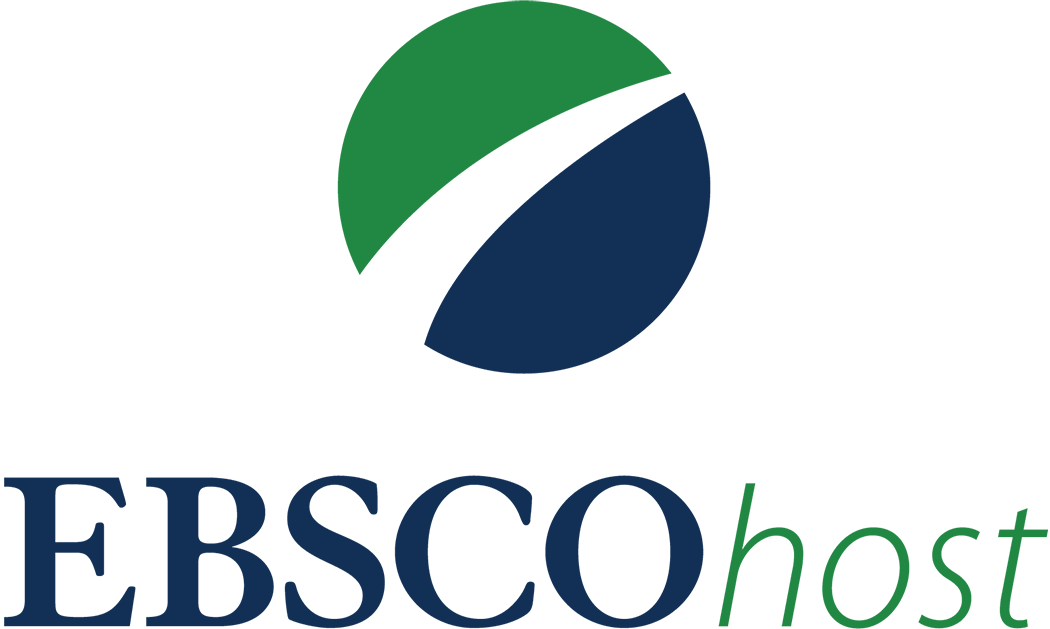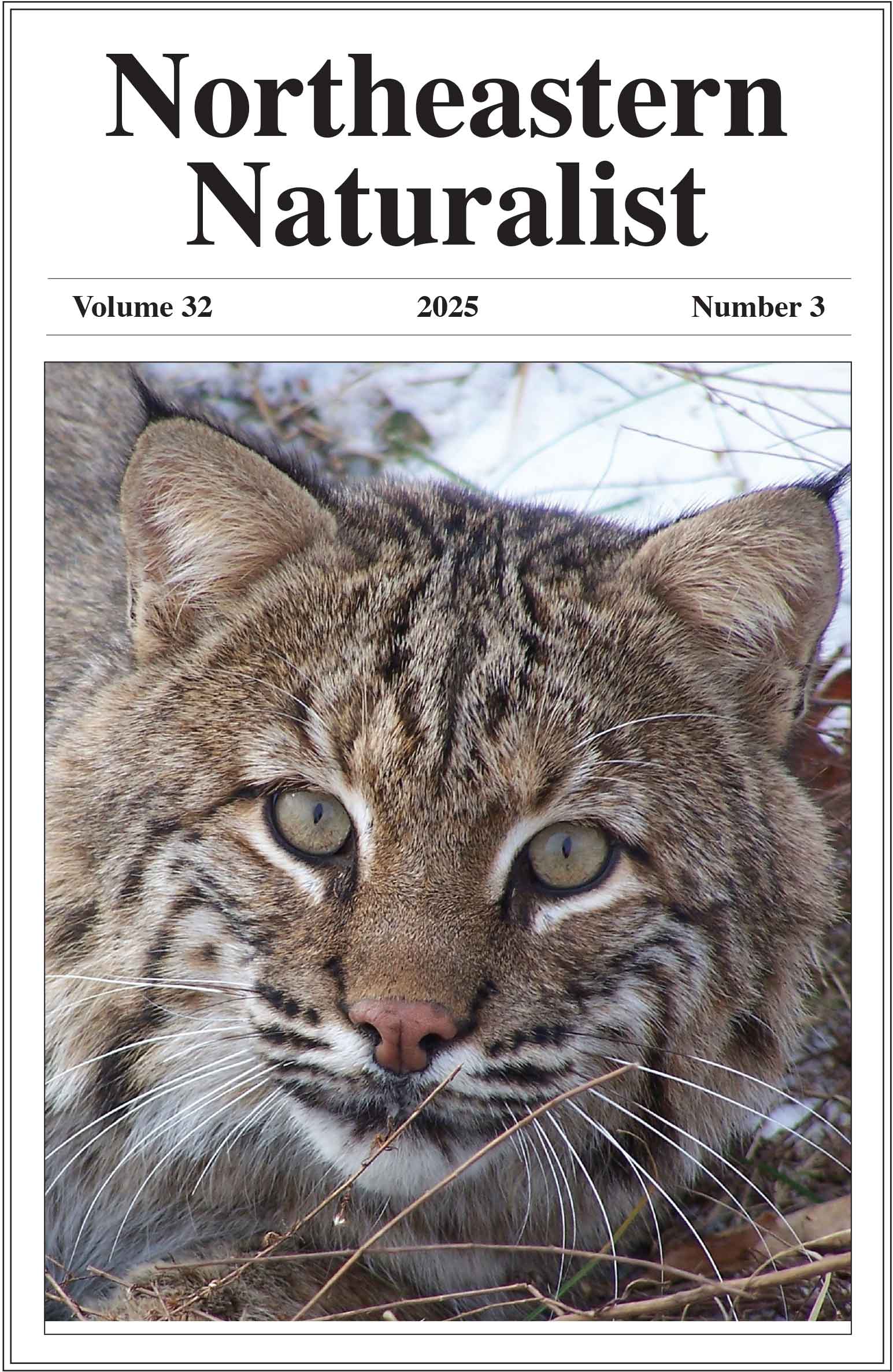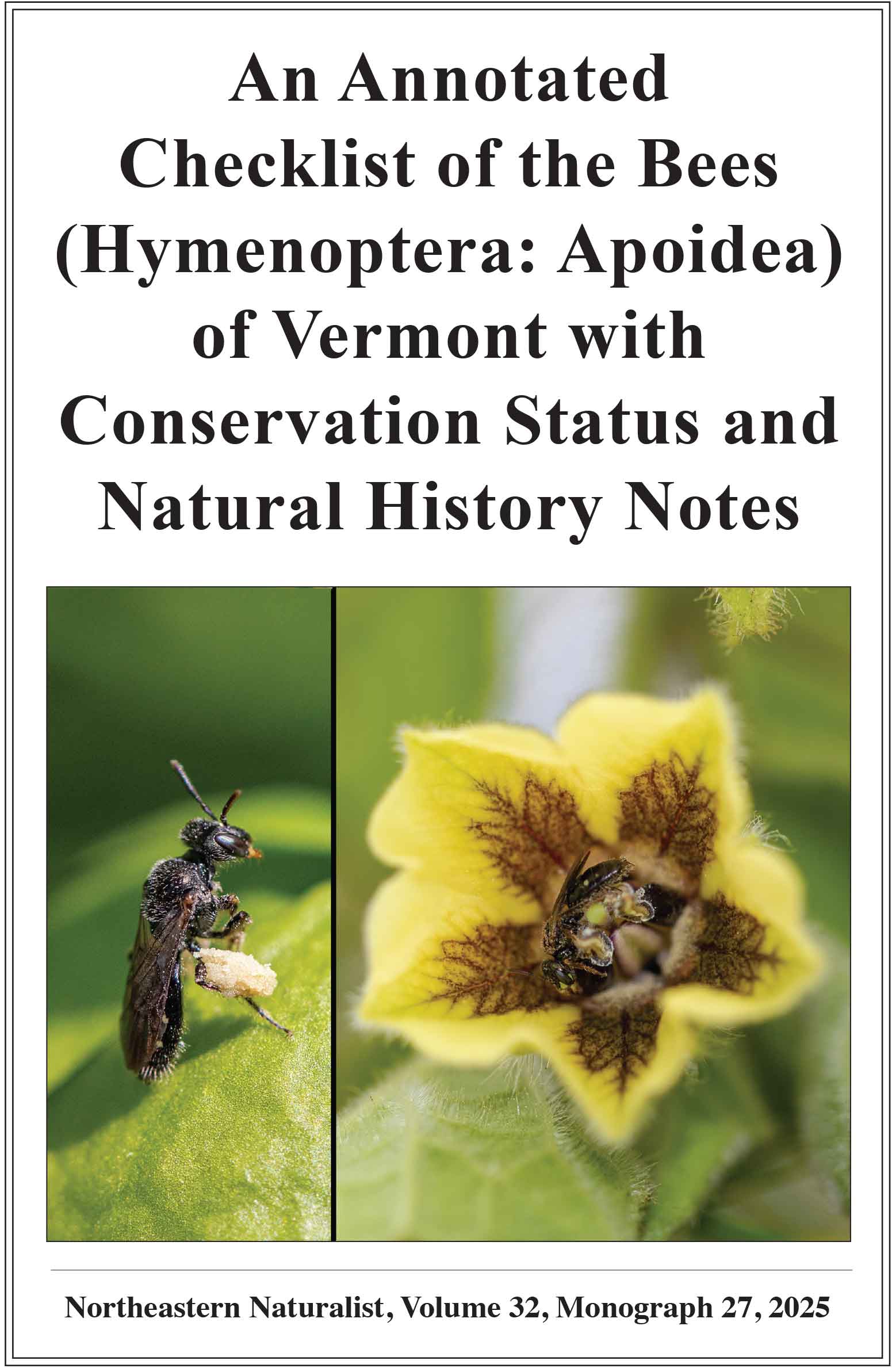Tree Removal Likely Improves Thermal Quality of Basking Sites for an Imperiled Timber Rattlesnake Population at the Northern Edge of its Range
Brendan J. Clifford1,*, Javan M. Bauder2, and Michael N. Marchand1
1Nongame and Endangered Wildlife Program, New Hampshire Fish and Game Department, 11 Hazen Drive, Concord, NH 03301. 2Illinois Natural History Survey, Prairie Research Institute, University of Illinois, 1816 South Oak Street, MC 652, Champaign, IL 61820. *Corresponding author.
Northeastern Naturalist, Volume 27, Issue 4 (2020): 746–762
Abstract
Lack of natural disturbance in many forests in northeastern North America has resulted in increased canopy cover and a reduction of open-habitat patches. Crotalus horridus (Timber Rattlesnake) in this region depends upon open basking and gestation sites, and its populations have declined markedly. We evaluated the utility of mechanical tree removal to restore potential basking habitat for a highly imperiled Timber Rattlesnake population in New Hampshire. We used a before–after, control–impact study to test for the effects of tree removal on environmental temperature and Timber Rattlesnake and other wildlife use of 3 potential basking sites. Mean temperatures were significantly higher and more variable post-treatment, while minimum temperatures were relatively unaffected. The number of temperature readings within the span of selected body temperatures of gravid female Timber Rattlesnakes (25.2–31.7 °C) increased post-treatment. Using time-lapse cameras, we detected rattlesnakes during 5 days at post-treatment sites but on only 1 day at a control site. Detections of potential rattlesnake prey species did not change following treatment, and few potential rattlesnake predators were detected pre- or post-treatment. Our results suggest that tree removal around potential basking sites likely improves thermal habitat quality for Timber Rattlesnakes.
![]() Download Full-text pdf (Accessible only to subscribers. To subscribe click here.)
Download Full-text pdf (Accessible only to subscribers. To subscribe click here.)
Access Journal Content
Open access browsing of table of contents and abstract pages. Full text pdfs available for download for subscribers.
Issue-in-Progress: Vol. 32(4) ... early view
Check out NENA's latest monograph and Special Issue:













 The Northeastern Naturalist is a peer-reviewed journal that covers all aspects of natural history within northeastern North America. We welcome research articles, summary review papers, and observational notes.
The Northeastern Naturalist is a peer-reviewed journal that covers all aspects of natural history within northeastern North America. We welcome research articles, summary review papers, and observational notes.